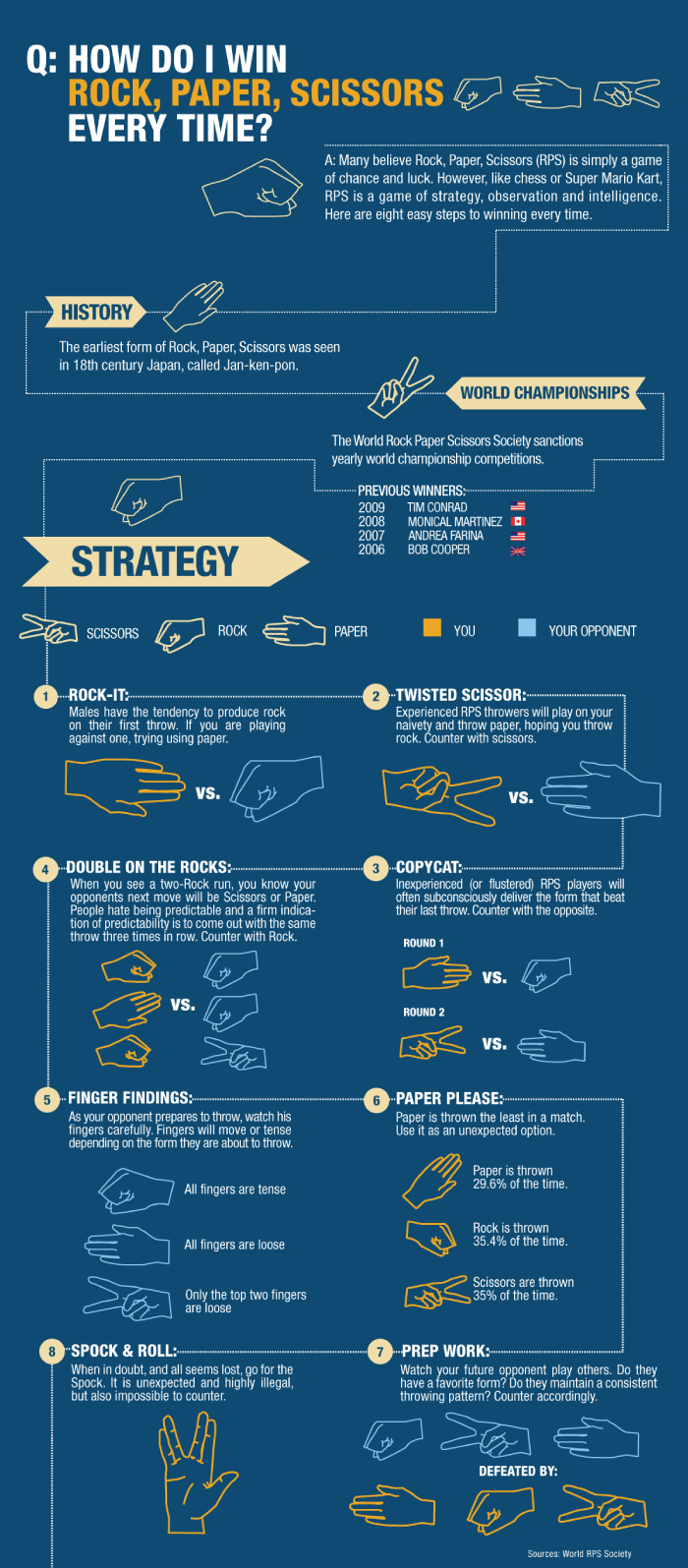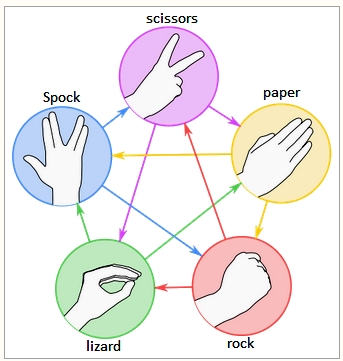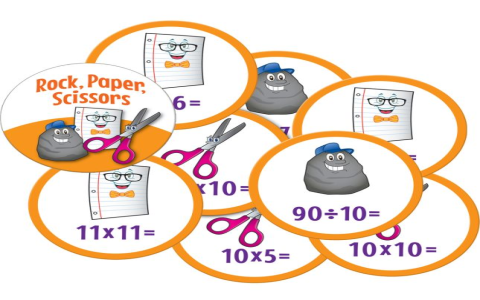Alright, so I got totally obsessed with this Rock Paper Scissors thing after getting smoked three times in a row by my kid. Kinda embarrassing, right? Figured there had to be something better than just random guessing. Stumbled across this idea that math could actually help you win. Sounds nuts, maybe, but I decided to put it to the test.
Starting Simple: Counting the Throws
First thing I did? Just watched and wrote stuff down. Played maybe 50 rounds against my partner one boring Tuesday night. No strategy yet, just pure observation. Pulled out a notebook, real old-school like. Made three columns:

- Rock
- Paper
- Scissors
Every single throw she made, I ticked the box. Simple. After like 20 throws, a pattern kinda jumped out. She threw Scissors way more when she was winning, especially after throwing Rock. Almost like she felt invincible? And after losing with Scissors, she almost always threw Paper – like she was trying to counter whatever just beat her. Interesting!
Putting Numbers to Work – The First Try
Okay, armed with a bit of pattern-spotting, I cooked up a basic plan based on frequencies. The idea was stupid simple: figure out their most common throw, and counter it. If she was tossing Scissors a lot? I’d throw Rock. Boom. Started trying this out while still keeping my tally going.
It worked… okay? Won a few more rounds than usual, sure. But sometimes it backfired big time. Like, she’d suddenly switch it up if she felt predictable, completely ruining my count. Felt too rigid. Needed something faster, maybe reacting round-by-round.
The Real Game Changer: Predicting the Next Move
This is where things got kinda cool. Forget long-term counting; started focusing on the last couple of throws. Noticed a weird human thing: people hate losing to the same thing twice. Sounds obvious, right? But how does that work? If she played Rock and I beat it with Paper, what would she do next?
- Situation: She throws Rock, I beat it with Paper.
- Her Thought (Guessed!): “Dang, he used Paper to beat my Rock. He probably thinks I’ll avoid Rock now… so maybe he expects me to throw Scissors (to beat Paper)? But I’ll know that… so maybe I should throw Paper instead? Or just throw Rock again?”
This overthinking actually creates patterns! Like, after losing to Paper, they almost never throw Scissors next (since Scissors loses to Paper). They tend to either go back to Rock (defiance?) or switch to Paper (trying to match/draw).
My Winning Strategy Explained
After testing this on like everyone I know – coworkers at lunch, my annoying neighbor, even the cashier at the coffee shop (he was surprisingly game) – I settled on this combo:
- First round: Always throw Rock. For some reason, people love throwing Paper first way less than you’d think. Rock or Scissors are common starters.
- If you WIN the previous round: Stay ready for them to try and counter your last throw. What beat your last move? Throw that! So, if you won with Rock last round (which beats Scissors), they might think “He used Rock, he expects me to avoid Scissors… so maybe throw Paper?” They’ll try to counter your Rock, which is Paper. So you throw Scissors (which cuts Paper).
- If you LOST the previous round: Expect them to throw the same thing again, or throw whatever would have beaten the move that beat them. Huh? Okay: If they lost with Scissors (beat by your Rock), they might throw Rock again (to counter your Rock if you repeat?) or they might throw Scissors again. Either way, you throw Paper. Why? Paper loses to Scissors, sure, but beats Rock. Covers both possibilities decently!
- If it’s a DRAW: They usually switch to the thing that would have beaten the draw. Drew with Rock? They might think you’re stuck on Rock, so they’ll throw Paper next to beat it. You throw Scissors to cut their expected Paper.
The Final Verdict? It Works!
Honestly, I was super skeptical. Math for Rock Paper Scissors? Seemed like nonsense. But seriously, after grinding this out, writing down hundreds of throws, testing patterns… my win rate shot way up. It’s not magic, and really smart opponents might catch on. But against most folks playing casually? Using those simple math patterns (reactions to wins/losses/draws) gives you a massive edge. Now my kid refuses to play me for dessert… mission accomplished!




















